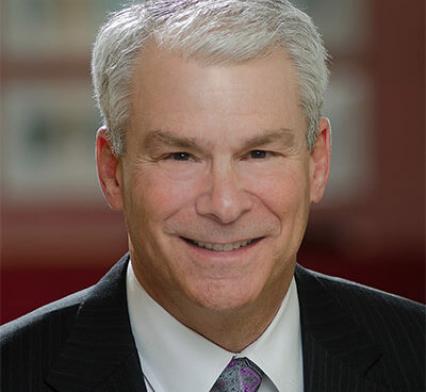Silicon Valley of Blockchain
As a CEO who is focused on preparing my company to thrive in the coming decades, one of the things I relish about the Metro Denver business environment is the spirit of innovation. I’m far from alone in my curiosity about new approaches to serving customers, and my quest to tailor and deploy new technologies to that end.
One of the ways that spirit of innovation manifests itself is the remarkable growth of blockchain companies in the area. Indeed, the CEO of the National Cybersecurity Center in Colorado Springs has said “Colorado will be the Silicon Valley of blockchain.” I would submit that it already is.
A recent report from Crypto Fund Research ranked the Denver area near the top on numerous scales:
- 6th for blockchain startups
- 10th in country for blockchain and cryptocurrency jobs
- 14th in the number of top 300 blockchain companies
- 14th in the number of blockchain/cryptocurrency funds
Arguably more important than the sheer number of blockchain companies is the breadth of ways they’re applying the technology. In addition to enabling cryptocurrency transactions, our local startups are developing blockchain platforms for storing and exchanging health records, distributing mobile games and facilitating contract and payment management within the construction industry, among other applications. My own company is exploring blockchain deployments for workers’ comp insurance, such as tracking and transmitting certificates of insurance. And, because idea exchange is the heart of effective innovation, Denver’s blockchain creators benefit from more than a dozen blockchain/cryptocurrency meetup groups up and down the Front Range.
This robust ecosystem is facilitated by receptive financing and policy environments. In addition to numerous private equity funds and accelerators, the state of Colorado has funded an Advanced Industry Accelerator Program to provide early-stage capital and retention grants for innovative technologies. And, earlier this year, a bipartisan group of lawmakers established the Council for the Advance of Blockchain Technology. This gubernatorially-appointed group of industry and government leaders is tasked with recommending a comprehensive legal framework that simultaneously supports the evolution of blockchain and protects data and consumers. While it might seem contradictory to trumpet regulation of a fast-moving innovation, I believe it’s better to bring visionary industry leaders in at the beginning to help lawmakers understand their work and recommend appropriate safeguards than to have legislators craft potentially heavy-handed regulations after the fact.
This combination of entrepreneurial vision, fertile collaboration and constructive policymaking is what will solidify Colorado’s position as the Silicon Valley of blockchain.
